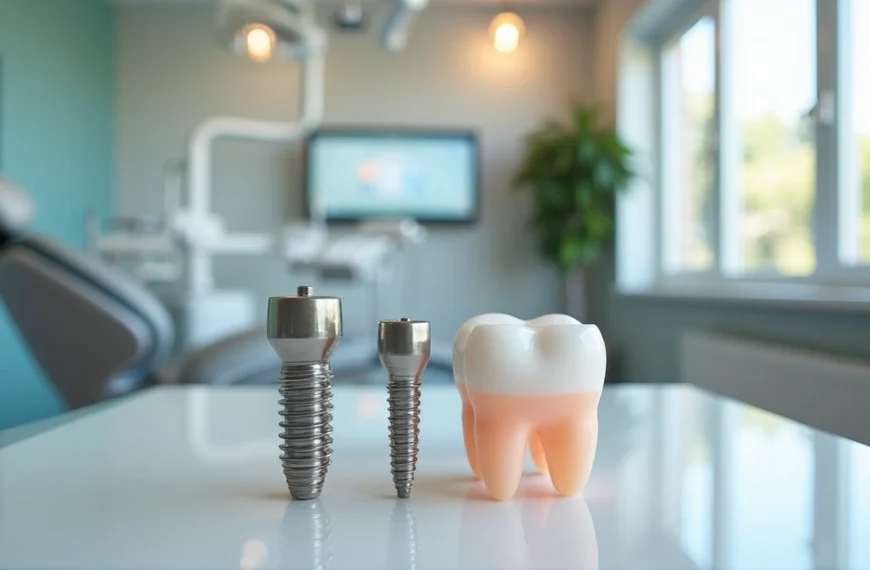Bathroom remodel costs show huge variations. An average project costs around $12,000, with most homeowners spending between $6,000 and $17,000. A complete renovation might set you back $55,000, while a simple update starts at $2,500. Many factors affect the final cost.
Recent data shows bathroom remodeling costs about $120 per square foot. Material quality and work scope can push this anywhere from $75 to $275. The median bathroom remodel spending jumped 11% from $13,500 in 2022 to $15,000 in 2023. Small bathroom updates under 100 square feet usually cost $6,000. Larger spaces need $25,000 or more. More than half of homeowners want to remodel their bathrooms in 2025, making these costs crucial to understand.
This piece breaks down a bathroom renovation’s actual costs in 2025. You’ll learn what drives prices, specific costs for different elements, and your potential returns. Mid-range bathroom remodels currently give back 73.7% of their cost.
What Drives the Cost of a Bathroom Remodel?
The cost of a bathroom remodel depends on three main factors: your space’s size and layout, the work to be done, and your choice of materials and fixtures. These factors help homeowners decide where to spend and where to save.
Size and layout of the space
Square footage affects your bathroom remodel cost by a lot. A powder room renovation (15-25 sq. ft.) costs between $5,000-$12,000. A standard full bath (40-75 sq. ft.) ranges from $12,000-$25,000. Master bathrooms (100-200+ sq. ft.) are the most expensive and cost $25,000-$60,000+. Each extra square foot adds about $250-$300 to your budget with mid-range materials.
Layout changes can make a big difference in your final cost. Keeping your current bathroom layout saves money. Moving fixtures around adds $1,000-$3,000 to your project. A complete layout change with new walls or plumbing could add $5,000-$10,000+. “Modifying the bathroom layout or making structural changes can significantly increase the project’s cost”.
Scope of renovation
The extent of your renovation is a vital factor in determining costs. Bathroom projects come in three types:
Minor remodel ($3,000-$10,000): Has refinished fixtures, new paint, a new vanity, or basic additions like towel bars and exhaust fans.
Partial remodel ($10,000-$25,000): Replaces one or more main bathroom fixtures (toilet, sink, tub/shower) plus new countertops or flooring.
Full remodel ($25,000-$80,000): Includes replacing everything without changing the plumbing.
On top of that, the work complexity affects labor costs. Labor makes up 30-35% of your total budget. Most regions charge $75-100 per hour for general contracting, $100-150 for licensed plumbing, and $90-120 for electrical work.
Material and fixture choices
Materials make up 65-70% of your total bathroom remodel cost. Your quality choices create big price differences:
Simple materials (standard ceramic tiles, laminate countertops, and chrome fixtures) cost $50-$100 per square foot. Mid-range options (porcelain tiles, granite countertops, and brushed nickel fixtures) balance quality and cost at $100-$200 per square foot. Luxury materials (marble tiles, custom stone countertops, and designer fixtures) cost more than $300 per square foot.
Special features add extra costs to your project. Heated flooring costs $12-20 per square foot, digital shower systems run $2,000-$4,000, and custom glass enclosures range from $1,500-$3,500. A freestanding soaking tub adds $1,500-$8,000+ to your budget.
These cost factors help homeowners make smart choices about their bathroom renovation budget to get the best value.
Breaking Down the Wet Area Costs
Image Source: House Beautiful
The bathroom’s wet area includes the shower, tub, and surrounding tile work. This space is usually the most expensive part of bathroom renovations. Homeowners need to understand these costs to make smart decisions about their remodeling budget.
Shower remodel cost range
A shower remodel’s cost varies based on materials and scope. The national average sits at $7,000, and most projects cost between $2,000 and $9,000. Simple updates start at $300, while custom high-end installations can reach $15,000 or more.
Your shower renovation costs depend on the project’s scope:
Simple fixture replacement or retiling: $1,000-$3,000
Replacing an existing shower stall: $1,000-$8,000
Complete reconfiguration with walk-in shower: $3,500-$15,000
The shower’s size and setup are big factors in the final cost. Standard prefab units (typically 30″×60″ or 36″×36″) cost $200 to $8,000, while custom walk-in showers range from $800 to $15,000+, based on features. Steam showers come at premium prices, starting at $2,600 and going up to $14,500.
Material choices play a crucial role in the total cost. Basic acrylic or fiberglass prefab units are economical solutions that start at $300-$600. Custom tile work with luxury materials can cost more than $10,000.
Bathtub replacement or upgrade
The average bathtub replacement costs $5,670 nationwide. Most homeowners spend between $1,992 and $9,369. This wide price range reflects different options and installation challenges.
Your tub’s type and material affect the price:
Standard fiberglass or acrylic tubs: $200-$1,000
Soaking tubs: $600-$13,000
Whirlpool/jetted tubs: $1,000-$4,000
Walk-in tubs (for accessibility): $4,000-$22,100
Premium options (copper, cast iron, marble): $2,000-$14,000+
Installation costs run from $100 to $2,000. You should also budget for tub removal ($150-$4,500), subfloor reinforcement for heavy tubs ($300-$800), and surround installation ($500-$2,000).
A shower-to-bathtub conversion is a big project that costs between $2,000 and $10,500. Removing a bathtub to add a walk-in shower typically costs $1,000 to $8,000.
Waterproofing and tiling expenses
Waterproofing is the foundation of any wet area renovation. An average-sized bathroom’s waterproofing costs between $500 and $750. Waterproofing membranes cost $3-$10 per square foot, depending on quality and application method.
Tiling is another major expense in bathroom remodels. The average bathroom retiling cost is $2,000, with prices ranging from $450 to $8,000 based on material and square footage. Luxury materials and complex patterns can cost more than $10,000.
The total tiling cost includes materials ($2-$30 per square foot) and labor ($8-$20 per square foot). Different materials create varied pricing:
Ceramic tile: $10-$45 per square foot installed
Porcelain tile: $14-$45 per square foot installed
Natural stone (marble, granite): $11-$54 per square foot installed
Glass tile: $10-$100 per square foot installed
Labor costs change with installation complexity. Shower areas cost $5-$25 per square foot compared to standard floor installation at $4-$8 per square foot.
Labor, Permits, and Professional Services
Professional services and regulatory costs make up much of any bathroom remodel budget, going well beyond just materials. You’ll spend 40-65% of your total renovation budget on labor, permits, and professional guidance. These elements play a key role in your project planning.
General contractor vs. specialists
Your choice between a general contractor and specialists will affect both your costs and how you manage the project. General contractors charge $40 to $100 per hour. They excel at project coordination and management, and they orchestrate the entire renovation by handling schedules, supervising the site, and coordinating subcontractors.
Specialty contractors stick to specific trades and usually charge more per hour. You’ll pay plumbers $45-$150 per hour, while electricians charge $40-$100 per hour. Painters ask $20-$50 hourly, and interior designers bill $50-$200 per hour.
Working directly with specialists might save you money on simple cosmetic updates or small projects. But complex bathroom remodels that involve structural changes, extensive plumbing, or electrical work are better off with a general contractor’s oversight. Home remodeling experts add extra value to design-focused renovations where looks matter most.
Permit costs and local regulations
Bathroom remodel permits cost between $200 and $800. This includes plan reviews, inspections, and related fees. Your location and project scope can push these costs up to $1,000-$1,500 for kitchen and bathroom renovations in some areas.
Your local authorities will ask for permits for:
Structural changes (moving walls, adding windows)
Electrical work (adding outlets, lighting)
Plumbing modifications (relocating fixtures)
HVAC alterations (ventilation systems)
Skipping permits might look like a money-saver at first, but it can cost you big later on. Work without permits can lead to fines, void insurance claims, and create problems when you sell your home. Permit costs only make up 0.5%-2% of total construction expenses, so they’re a small but crucial investment in your project’s legitimacy.
Hidden labor costs to watch for
Labor costs for bathroom remodeling run from $1,300 to $4,300 on average, but several unexpected costs can pop up.
Old fixture removal and disposal adds to your total cost, though many people overlook this expense. Older homes might also need extra electrical work from licensed professionals to meet current safety standards.
Project supervision, scheduling issues, and local labor shortages can drive up your costs. Setting aside 10-20% as a backup fund helps cover these surprise expenses. Good professionals might cost more upfront but they’ll save you money by avoiding expensive mistakes and doing the job right.
Budgeting and Financing Your Remodel
Financial planning stands as a vital part of any bathroom renovation project. A well-laid-out approach to bathroom remodel costs will help you avoid budget overruns and achieve your desired results.
Setting a realistic budget
Your renovation vision needs to match your financial reality for effective budgeting. Many homeowners don’t realize their true bathroom remodel costs because contractors’ allowances might not reflect reality. This turns what should be a $30,000 project into a $50,000 undertaking. Licensed designers and contractors typically charge between $175 and $225 per square foot for professional bathroom remodels. DIY renovations might cost about $4,000 at $100 per square foot for a 5×8 foot bathroom (40 square feet).
These steps will help you create an accurate budget:
Get multiple contractor quotes and ensure the numbers are realistic
Choose all materials before the project begins
Divide your budget by prioritizing elements that matter most
Track expenses systematically as your project progresses
Professional designers stress the need for “hard numbers” instead of rough estimates. Industry expert Cameron Snyder points out that big price differences between contractors should raise red flags about hidden costs.
Creating a contingency fund
Unexpected expenses pop up even in carefully planned bathroom renovations. Industry professionals suggest setting aside 20% of your overall bathroom remodeling budget for unforeseen costs. Some experienced builders recommend an even more conservative approach with a 30% cushion added to your original budget.
Here are contingency examples for different renovation scales:
Limited whole house remodel ($275,000): Reserve 10% or $27,500
Expanded project ($400,000): Set aside 7.5% or $30,000
Premium renovation ($650,000): Allocate 5% or $32,500
Smaller bathroom projects need higher contingency percentages (10-20%) because a single plumbing or electrical issue can quickly eat up thousands.
Financing options: loans, HELOC, credit
Several financing approaches make sense once you’ve set your bathroom remodel budget:
Home equity options usually offer the best terms. A home equity loan or line of credit (HELOC) lets homeowners borrow against accumulated property value—usually up to 80% of the home’s worth minus outstanding mortgage balance. These secured options come with lower interest rates than alternatives but use your home as collateral.
Personal loans work well, especially for homeowners without much equity. These unsecured loans provide quick funding—often within days of approval—with rates from 6% to 36% and amounts from $1,000 to $100,000. A $30,000 bathroom remodel loan at 12% APR costs about $37,921 total over four years or $44,485 over seven years.
Cash payment remains the smartest financial choice when possible because it eliminates interest costs. Zero percent APR credit cards can also work well for DIY remodels during promotional periods (typically 15-21 months).
Is a Bathroom Remodel Worth It?
Image Source: DRF Builders
You’ve set your budget, but here’s the big question: Is a bathroom remodel worth the investment? The data shows a clear answer – it’s a soaring win for most homeowners. A well-planned bathroom renovation brings many benefits that go beyond looks.
Return on investment (ROI)
Bathroom renovations rank among the top home improvement projects for financial returns. A midrange bathroom remodel gives back 73.7% of its cost when you sell. This makes it one of the best value-adding improvements for your home. Simple cosmetic updates can boost your home’s value by $1.71 for every dollar you spend. Your location might change the numbers, but bathroom remodels add more value than their cost across all 50 states.
Energy efficiency and water savings
The benefits stretch far beyond just resale value. Your bathroom uses more than half of all indoor water. New WaterSense-labeled fixtures can help you save 10,000 gallons of water each year. Low-flow toilets cut water use by 20-60%, and efficient showerheads save 2,900 gallons yearly. These upgrades directly lower your utility bills. The national impact would be huge – if just one in ten American homes switched to WaterSense fixtures, we’d save $1.3 billion every year.
Improved safety and accessibility
Safety stands out as a crucial reason to renovate your bathroom. Each year, 235,000 people over age 15 need emergency care due to bathroom accidents. Bathrooms see 80% of all senior falls. Adding grab bars, non-slip floors, and zero-threshold showers makes these spaces much safer. These accessibility upgrades make bathrooms more user-friendly for people with mobility issues while boosting your home’s value.
Boosting home resale value
Bathroom renovations give you an edge when selling your home. The National Association of Realtors found that 73% of homeowners say bathroom updates boost their home’s value. Real estate agents agree – 94% say modern bathrooms make homes more attractive to buyers. Smart sellers know this too, with 26% updating their bathrooms before listing. They recognize that bathrooms rank right up there with kitchens as key selling features.
Conclusion
Bathroom renovations are big investments. Homeowners usually spend between $6,000 and $17,000, though costs can range from $2,500 to $55,000. These numbers help homeowners plan better and get the results they want while staying within their budget.
A few things really matter when planning your bathroom remodel. The size and layout of your bathroom affect the total cost – master bathrooms cost way more than powder rooms. Your project scope plays a huge role too. Whether you choose small updates, partial changes, or a complete makeover directly affects the final cost. The materials and fixtures you pick can create big price differences and make up 65-70% of your total spending.
The wet areas of your bathroom take the biggest chunk of your budget. A shower remodel costs about $7,000 on average, but prices swing from $300 to $15,000 based on size, setup, and materials. Bathtub replacements across the country average $5,670, but costs vary a lot depending on the type of tub and how it needs to be installed. You can’t skip waterproofing and tiling – they protect your home from expensive water damage.
Making Informed Bathroom Remodel Decisions in 2025
Labor costs and professional help need careful thought during planning. Simple projects might cost less if you work with specialists directly. Complex renovations often work better with a general contractor in charge, even though it costs more at first. Permits cost between $200 and $800 – they’re worth it because they prevent problems when you sell or insure your home later.
Your bathroom renovation pays off beyond just looking good. A midrange bathroom remodel gets back about 73.7% of costs when you sell. New fixtures save nearly 10,000 gallons of water each year, which means lower water bills. Safety upgrades cut down injury risks, especially for older people, while better accessibility makes the bathroom easier for everyone to use.
Smart bathroom renovations need realistic budgets with 10-20% set aside for surprises. You should think over your financing options carefully. Whether you want simple updates or luxury changes, doing your homework on costs helps ensure success. A well-planned bathroom remodel improves your daily life and boosts your property value – that’s why it’s a smart investment for most homeowners.
FAQs
Q1. What is a typical budget range for a bathroom remodel in 2025? The average bathroom remodel costs between $6,000 and $17,000, with some projects ranging from $2,500 for basic updates to $55,000 for luxury renovations. The final cost depends on factors like room size, scope of work, and material choices.
Q2. Which part of a bathroom remodel tends to be the most expensive? The wet area, including the shower and bathtub, is often the most costly part of a bathroom renovation. Shower remodels average around $7,000 but can range from $300 to $15,000, while bathtub replacements typically cost between $1,992 and $9,369.
Q3. Is a bathroom remodel a good investment for increasing home value? Yes, bathroom remodels generally offer a good return on investment. A midrange bathroom renovation recoups approximately 73.7% of its cost upon resale, making it one of the best-value home improvements available to homeowners.
Q4. How much should I budget for unexpected costs during a bathroom renovation? It’s recommended to set aside 10-20% of your total bathroom remodeling budget for unforeseen expenses. For larger projects, this contingency fund could be as much as 20-30% of the initial budget to cover any unexpected issues that may arise during the renovation.
Q5. What are some cost-effective ways to update a bathroom? Cost-effective updates can include repainting walls, replacing faucets and hardware, updating the vanity, or installing a new toilet. These minor changes can often be accomplished for $3,000 to $7,000 and still significantly improve the bathroom’s appearance and functionality.
References
[1] – https://www.angi.com/articles/how-much-does-bathroom-tile-installation-cost.htm
[2] – https://www.alairhomes.ca/camrose/blog/creating-renovation-contingency-plan/
[3] – https://healthcraftproducts.com/home-safety/safety-first-bathroom-renovations-blending-functionality-with-style/?srsltid=AfmBOopJKMI9tuO2lk9FXKWIQ6Ccn3Dg0U9RZ3oVgtO-MM0Tsf7GSDVn
[4] – https://www.nytimes.com/2022/09/15/realestate/bathroom-remodel-resale-value.html
[5] – https://www.epa.gov/watersense/your-better-bathroom
[6] – https://www.bathtune-up.com/blog/2023-a-look-at-the-statistics/
[7] – https://www.worldcoppersmith.com/articles/bathroom-remodel-cost-guide/?srsltid=AfmBOopr1uWJcDMdJmpOTLutJ71Ng4GViuDIIuPxjieFLDPIOJH76eHX
[8] – https://hipages.com.au/article/how_much_does_bathroom_waterproofing_cost
[9] – https://build-it.au/home-renovation/how-much-will-it-cost-to-waterproof-your-bathroom
[10] – https://www.airtasker.com/us/costs/waterproofing/waterproofing-cost/
[11] – https://www.thisoldhouse.com/bathrooms/reviews/cost-to-retile-bathroom
[12] – https://1stchoiceremodelatl.com/how-much-does-it-cost-to-gut-and-remodel-a-bathroom/
[13] – https://deltaremodels.com/bathroom-remodel-budget-gc-vs-remodeler/
[14] – https://www.familyhandyman.com/article/building-permit-cost/?srsltid=AfmBOop7cK-I7vS01e9myXyw2W9gxtxEOKJsunZcjcVojBRGCm_t5rHH
[15] – https://volcanobuilders.com/do-you-need-permits-to-remodel-a-bathroom/
[16] – https://homeguide.com/costs/building-permit-cost
[17] – https://hhrenovators.com/hidden-costs-of-bathroom-remodeling/
[18] – https://www.homewyse.com/project_costs/cost_of_typical_bathroom_remodel.html
[19] – https://landobuilderscorp.com/how-much-do-contractors-charge-to-remodel-a-bathroom/
[20] – https://www.hgtv.com/design/remodel/bathroom-remodel/budgeting-for-a-bathroom-remodel
[21] – https://www.thisoldhouse.com/bathrooms/reviews/bathroom-remodel-cost
[22] – https://www.ranneyblair.com/blog/preparing-for-the-unexpected-with-a-renovation-contingency-plan/
[23] – https://www.chase.com/personal/mortgage/education/owning-a-home/how-to-use-home-equity-to-remodel
[24] – https://www.sfgate.com/realestate/article/using-home-equity-to-pay-for-your-bathroom-20269564.php
[25] – https://www.nerdwallet.com/best/loans/personal-loans/bathroom-remodel-loans
[26] – https://www.homelight.com/blog/does-a-bathroom-remodel-increase-home-value/
[27] – https://www.gehmanremodeling.com/bathroom-upgrades-can-increase-homes-value/
[28] – https://modernize.com/homeowner-resources/bathroom/energy-efficient-bathroom
[29] – https://www.lohud.com/story/sponsor-story/veolia/2024/10/04/renovating-your-bathroom-should-include-water-savings-strategies/75498130007/
[30] – https://www.alure.com/custom-bathroom-remodeling/bathroom-safety-tips
[31] – https://www.granitetransformations.com/blog/accessible-bathroom-renovations-designing-a-safe-and-functional-space/
[32] – https://www.indyrenovation.com/blog/eight-ways-to-remodel-your-bathroom-for-safety/
[33] – https://www.bathfitter.com/us-en/blog/bathroom-remodel-roi/
![Bathroom Remodel Cost 2025 What You'll Actually Pay [Real Data]](https://consumersweek.com/wp-content/uploads/2025/06/Bathroom-Remodel-Cost-2025-What-Youll-Actually-Pay-Real-Data.webp)
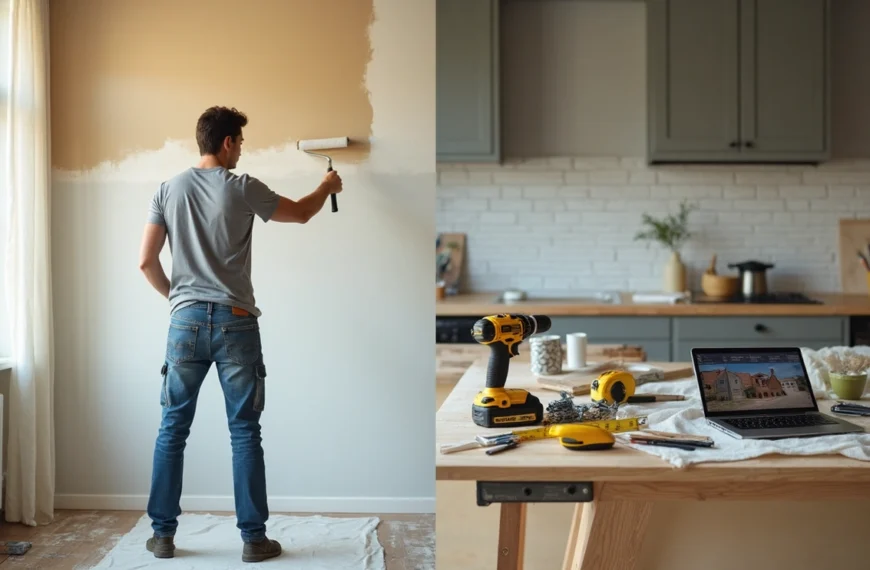
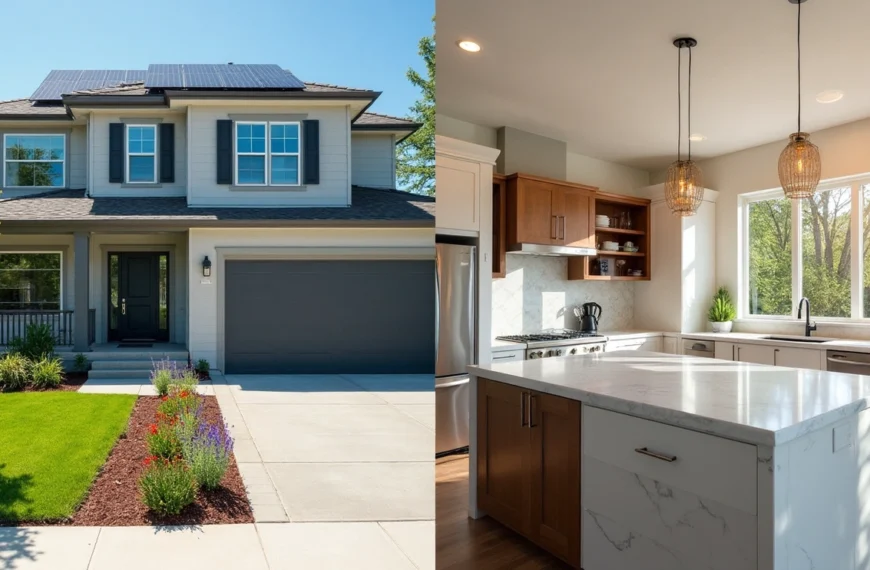
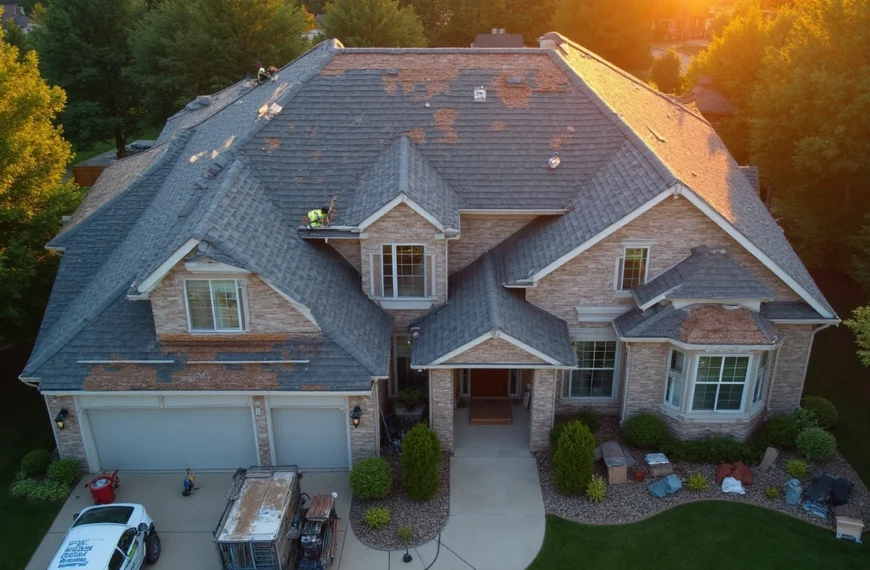
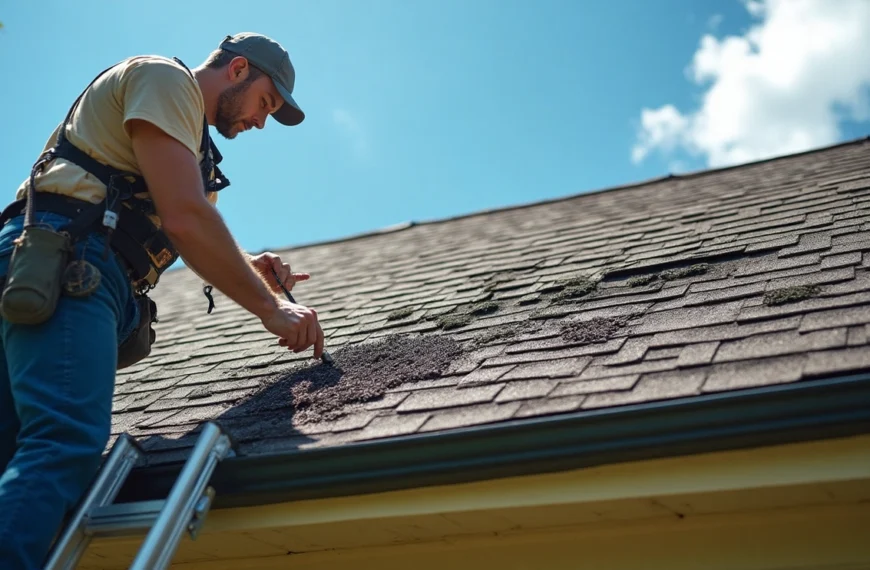
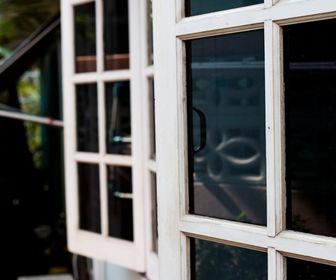




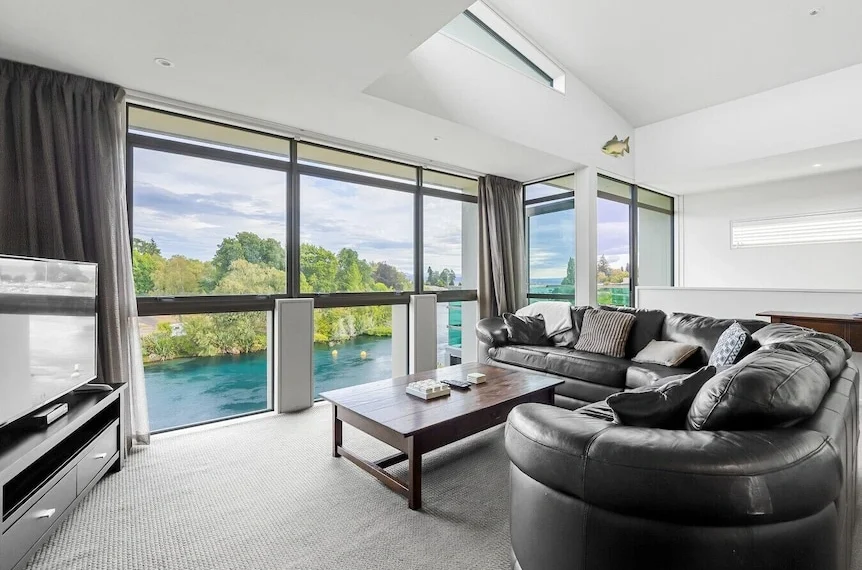



![No Win No Fee Lawyers: The Hidden Truth About Settlement Cuts Legal representation through no win no fee lawyers gives clients a way to fight cases without paying anything upfront. Many clients don't know that these services take a big chunk of money after winning the case. Lawyers usually take 25% to 40% of what you win as their contingency fee. The amount lawyers take from settlements can add up fast. A $100,000 settlement means your attorney gets $30,000 if they charge a 30% fee after winning your case. Your solicitor's cut might be £10,000 from a £30,000 compensation award, based on your agreement percentage. This payment model stays pretty much the same for no win no fee lawyers in different places, though percentages can change. This piece breaks down what you need to know about contingency fee deals. You'll learn about standard fee ranges, extra costs beyond the basic fee, and times when this payment setup might not work in your favor. Smart clients should think over these money matters before signing up with a lawyer to make better choices about their legal help. What No-Win No-Fee Really Means Image Source: Express Legal Funding A no-win no-fee arrangement, also called a Conditional Fee Agreement, changes the way people get legal help. This payment approach removes the need to pay legal fees upfront and creates a partnership between clients and their attorneys. How contingency fees work No-win no-fee agreements are based on contingency fees. Lawyers get paid only when they win compensation for their clients. Most lawyers take between 25% and 40% of the final amount, based on how complex the case is and where it's filed. Lawyers take their cut after winning the case. To name just one example, see a case where a lawyer wins £30,000 in compensation with a 33% fee - they would receive £10,000. On top of that, some law firms use sliding scales where they charge less for quick settlements and more if the case goes to trial. The law requires a written agreement before any work starts. This paperwork spells out the lawyer's percentage, what costs you'll need to cover, and other key details. What happens if you lose the case The meaning behind "no-win no-fee" is clear - losing your case means you won't pay your lawyer anything. All the same, you should know about a few money-related details. You won't owe your lawyer when you lose, but some deals might make you pay for court fees, expert witnesses, or other case expenses. The other side could also ask you to pay their legal costs. Many lawyers suggest getting "After Event" insurance to protect their clients. These policies cover any costs if you lose your case, which makes the no-win no-fee setup much safer. Why lawyers offer this model Lawyers want to make legal help available to more people, so they offer these payment plans. This setup helps people who don't have much money take legal action when they have valid claims. The payment structure motivates lawyers to work hard. They only get paid by winning cases, which pushes them to get the best results possible. Lawyers carefully assess each case before taking it on a no-win no-fee basis. They usually accept cases that have a good chance of winning, since they put in lots of time and resources without any guaranteed payment. The Real Cost: How Much Do Lawyers Take from a Settlement Image Source: Greiner Law Corp. The true cost of no-win no-fee legal representation becomes clear once we look at contingency fees. Many clients feel surprised to see a big chunk of their settlement checks going to their attorney's fees. Typical percentage ranges (25%–40%) No win no fee lawyers typically ask for 25% to 40% of the total settlement amount. Personal injury attorneys usually take 33.3% (one-third) of the awarded compensation[101]. Lawyers and clients agree on this percentage before any work starts on the case. Several factors shape the final percentage. Your chances of winning, case complexity, and the work to be done play key roles in determining the attorney's cut. Some areas have laws that cap the maximum contingency fees for specific types of cases. Sliding scale based on case complexity Law firms often use a tiered fee system that changes with the case stage and complexity. This scale rewards quick settlements while paying attorneys fairly if more work becomes needed. The fee might start at 30% if the case settles before lawsuit filing. This number could climb to 35% after filing or reach 40% if the case goes to trial. Law firms often group cases by complexity: 10%-20%: Simple cases with straightforward settlements 25%-35%: Typical personal injury cases 35% and above: Complex cases requiring extensive resources Examples of payout breakdowns These ground examples show how fees affect settlements: A $15,000 settlement with a 33.3% contingency fee.pdf) puts $5,000 in the attorney's pocket, leaving $10,000 for the client. Similarly, from a $100,000 settlement with a 33% fee, the attorney gets $33,000 while the client receives $67,000[102]. Complex cases tell a different story. A $100,000 settlement with a 30% fee plus $5,000 in extra costs leaves $65,000 for the client after all deductions. These fees substantially change the client's final payout. Hidden Costs You Might Not Expect Image Source: Nelson Personal Injury Lawyers Beyond percentage-based fees, clients often feel surprised by extra costs that can reduce their final compensation by a lot. These hidden costs show up in the fine print of no-win no-fee agreements. You should think over these details before signing. Court filing and expert witness fees Legal proceedings come with unavoidable court filing fees. These charges differ by jurisdiction. They usually range from $30 for small claims to several hundred dollars for complex civil lawsuits. Expert witnesses can be expensive, with hourly rates ranging from $150 to $1,000 based on their credentials and testimony complexity. Expert witnesses charge more for court appearances than consultation work because of added pressure and prep time. Clients might still need to pay experts for their prep work even if the case settles before trial. Medical report and investigation costs Medical documentation is a vital part of many legal claims. These costs include fees to release medical records, create specialized reports, and prepare documents. Investigation costs cover evidence gathering, police reports, witness interviews, and other fact-finding work needed to build a strong case. Of course, some firms say they'll cover these expenses upfront, but clients don't completely avoid these costs. When these costs are deducted from your compensation Law firms take these expenses from the settlement amount before they calculate their percentage fee, though each firm handles this differently. Some lawyers subtract these costs after figuring out their contingency fee, which changes how much money clients end up with. Most firms pay case-related costs during the process and get their money back from the settlement. The defendant usually pays most simple legal costs and disbursements in successful cases, but not always everything. Insurance protects clients from costs in unsuccessful claims at many law firms, but this protection isn't guaranteed. Clients should review their agreements carefully since they might still need to pay specific expenses even if they lose their case. When No-Win No-Fee Might Not Be the Best Option Contingency fee arrangements give many people access to justice. However, this payment model doesn't always work in a client's best interests. Knowing these limitations helps clients make better decisions about their legal representation. Cases with unclear liability Lawyer no win no fee arrangements work best in cases where fault is clear. We assessed the probability of success before taking contingency cases. Lawyers might turn down cases if there isn't enough evidence of the other party's negligence or if liability isn't certain. Cases with multiple responsible parties create more challenges. The situation gets complicated fast when several parties share liability. Lawyers are less likely to take these cases on contingency. They need to be confident they can prove the other party's negligence before accepting a case. Low-damage or low-payout claims Small claims often don't work well with the contingency model, even with real injuries. Cases that have minimal injuries or limited financial damages might not bring enough compensation to cover legal costs. The potential settlement needs to be big enough to pay for investigations, witness interviews and court fees. Personal injury lawyers often turn down cases where the "compensation potential" is too small. This doesn't mean the claim isn't valid - it just means the economics don't add up for a contingency arrangement. Situations where hourly billing may be better Hourly billing has clear advantages in certain cases. Clients see exactly what they're paying for - every hour worked and task completed. This model works well for cases that need lots of attention but don't have clear financial outcomes. Complex litigation with opposing parties works better with hourly billing and a retainer fee. Clients have more control over their case and don't feel pressured to settle quickly. Cases that need extensive preparation but have uncertain outcomes fit the hourly model better. Lawyers can spend the time needed without worrying about contingency limits. This approach often leads to better representation, especially for complex legal issues that need special expertise. Conclusion Understanding the Full Picture Before You Sign No-win no-fee arrangements offer legal representation without upfront costs. Of course, this seems attractive at first glance. In spite of that, you need to think about how these agreements can affect your final compensation. Legal fees usually range from 25% to 40% of your settlement - but that's just the start. You'll face more deductions like court filing fees, expert witness costs, and charges for medical documentation. What looks like a "free" service ends up taking a big chunk of your compensation to cover legal expenses. These arrangements work best in specific situations - cases with obvious liability, substantial damages, and solid evidence. If you have a low-value claim or complex liability issues, traditional hourly billing might serve you better. Without doubt, you should ask for clear explanations of all possible costs before signing anything. Read the fine print closely, especially when you have to deal with expenses in unsuccessful cases. Ask to see sample settlement breakdowns that show all deductions. This helps you picture what you might actually take home. Your choice to go with a no-win no-fee arrangement depends on your situation. This model helps if you don't have money to pursue valid claims. But if you have a strong case and enough funds, other fee structures might let you keep more of your compensation. Whatever payment model you choose, knowing exactly how much lawyers take from settlements helps you make better decisions. This knowledge lets you approach legal representation with real expectations and better control over your money. FAQs Q1. What percentage of a settlement do no-win no-fee lawyers typically take? No-win no-fee lawyers typically charge between 25% to 40% of the final settlement amount as their contingency fee. The exact percentage often depends on the complexity of the case and the stage at which it is resolved. Q2. Are there any hidden costs in no-win no-fee arrangements? Yes, there can be additional costs beyond the lawyer's percentage fee. These may include court filing fees, expert witness costs, medical report expenses, and investigation costs. These expenses are usually deducted from the settlement amount before or after the lawyer's fee is calculated. Q3. What happens if I lose my case in a no-win no-fee arrangement? If you lose your case, you generally won't have to pay your lawyer's fees. However, you might still be responsible for certain expenses like court costs or the opposing party's legal fees. Many lawyers offer insurance to protect clients from these potential costs in case of an unsuccessful claim. Q4. When might a no-win no-fee arrangement not be the best option? No-win no-fee arrangements may not be ideal for cases with unclear liability, low-value claims, or complex legal issues requiring extensive preparation. In these situations, traditional hourly billing might be more appropriate and potentially more cost-effective for the client. Q5. Can I negotiate the percentage a lawyer takes from my settlement? Yes, the contingency fee percentage is often negotiable. It's typically agreed upon and formalized in writing before the lawyer begins working on your case. Don't hesitate to discuss the fee structure with your lawyer and ask for a detailed breakdown of potential costs and deductions.](https://consumersweek.com/wp-content/uploads/2025/06/No-Win-No-Fee-Lawyers-The-Hidden-Truth-About-Settlement-Cuts-870x570.webp)
